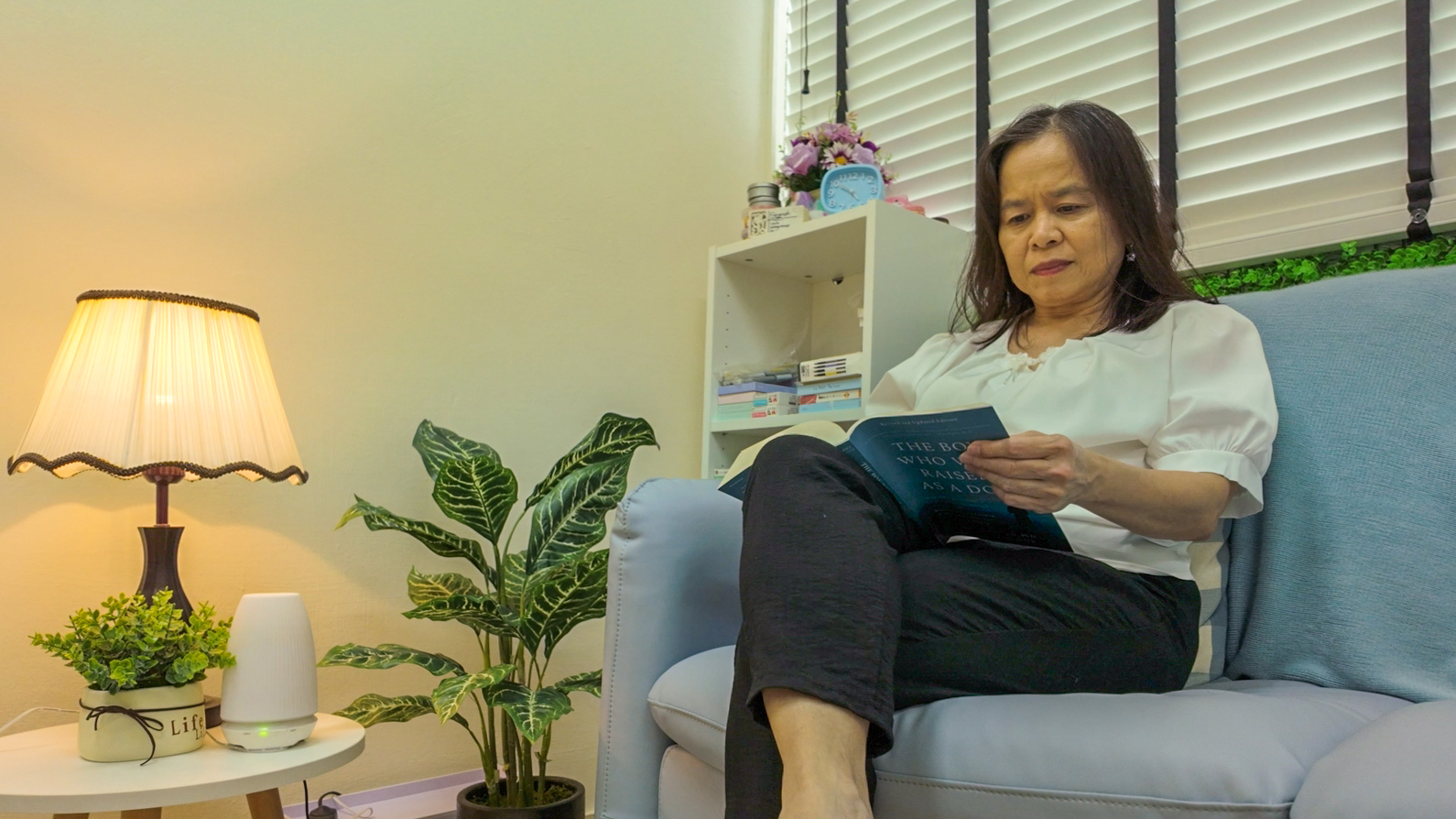About Bibliotherapy
Bibliotherapy involves using books to help client gain more insight into life issues from the perspectives of different authors. I have found reading to be such a rich experience learning from various people who are sharing their life journeys or are experts in their field. I have enjoyed reading and would pick some good reads for my clients. I use bibliotherapy as a supplement to the main psychotherapy approach. I read an average 70 – 100 books a year since 2018, besides the many books read before that. That puts me in a good position to sieve out relevant books for any issues encountered by my clients.
Some of my favourite ever-green books that my clients found impactful and have provided them with life-changing perspectives are:
- Half time by Bob Buford
- Lost connections by Johann Hari
- Man’s Search for Meaning by Viktor Fankl
- The Courage to be Disliked by Ichiro Kishimi and Fumitake Koga
- The 5 Regrets of the Dying by Bronnie Ware
- The Monk Who Sold His Ferrari by Robin Sharma
- The Road Less Travelled by M. Scott Peck
- The Power of Your Subconscious Mind by Joseph Murphy
- Tuesdays with Morrie by Mitch Albom
Benefits of bibliotherapy
Books can help to open our perspectives to the immense wealth of knowledge from the collection of excellent authors. Through reflection and internalisation, we will gain awareness, insights, knowledge, applications, and be transformed by the way the authors approach their lives. Books facilitate self-growth and empowerment. Books help to provide possible strategies for dealing with personal challenges such as how to deal with difficult colleagues, how to live life more meaningful, and so on.
Generally, activities in bibliotherapy are designed to:
- provide information and knowledge
- provide insight and awareness of your own issues
- facilitate discussions with others for more learning
- connecting with people who have similar problems
- learning new values and attitudes
- providing practical solutions to problems
- preparing one for future challenges
Reading is specifically useful for the following issues:
- self-esteem
- relationship issues
- existential concerns such as meaninglessness, emptiness and death
Bibliotherapy has been acclaimed to have a deep therapeutic impact on client’s recovery by providing insights, empathy and learning (Czernianin, Czernianin, & Chatzipentidis, 2019).
Research has also found that bibliotherapy is effective in the treatment of various psychological issues such as depression, anxiety, trauma and anger (Sevinç, 2019).
Bibliotherapy is also mentioned in some research studies showing the benefits it brings to the elderly by keeping their mind engaged and active. This helps to improve life satisfaction of the elderly and minimise the risk of having dementia (Adegun, Oke, & Fashina, 2018).
In conclusion, reading helps to engage learners in meaningful discussions about relevant life issues by drawing them into a process of reflection. According to Deitcher (2019), if it can be followed by journalising to pen their thoughts, the cognitive impact can be immense.
Books can have the power to enlighten us, hence affect the way we see life and embrace relationships. For those who are lost, reading books can help them find new meaning in life. For the elderly, reading books can help them look at aging positively.
I strongly invite you to experience these life-changing moments by entering the world of books.
References
Adegun, A.O., Oke, D.I., & Fashina, A.Y. (2018). An Empirical Analysis of Bibliotherapy and Self-Management Technique as a Tool for Life Satisfaction.
Czernianin, W., Czernianin, H., & Chatzipentidis, K. (2019). Bibliotherapy: a review and perspective from Poland. Journal of Poetry Therapy, 32, 78 – 94.
Deitcher, H. (2019). Bibliotherapy and Teaching Jewish Texts: “Medicine for the Mind”. Religious Education, 114, 17 – 29.
Sevinç, G. (2019). Healing Mental Health through Reading: Bibliotherapy.
The information, including but not limited to, text, graphics, images, video, and other material in this article are for informational purposes only. No material on this site is intended to be a substitute for professional medical advice, diagnosis or treatment.






